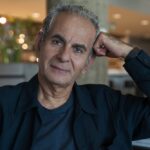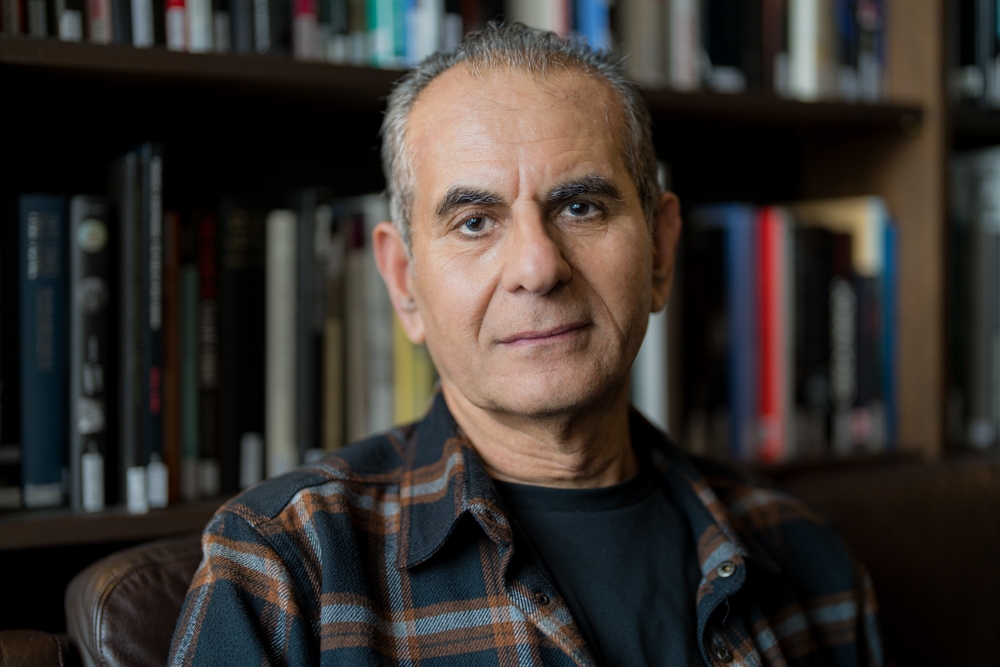The PKK’s Transition: A Peace Initiative or a Political Strategy?
Dr Rebwar Fatah
The Kurdistan Workers’ Party (PKK) has long stood at the center of the Kurdish-Turkish conflict, evolving from a militant force to a political symbol of Kurdish resistance. Recently, the PKK announced its decision to lay down arms and transition into a civil organization, marking a historic shift after decades of insurgency. However, Turkey’s response—continued military operations against PKK bases in Iraq—raises critical questions about the sincerity of this so-called peace initiative.
Erdogan’s Political Calculations
One of the most significant layers in this development is Turkey’s political landscape. President Recep Tayyip Erdogan faces electoral uncertainty, and the Kurdish vote remains a key factor in shaping his political survival. By framing the PKK’s disarmament as a success under his leadership, he appeals to nationalist voters while simultaneously attempting to draw Kurdish support by presenting himself as a peacemaker.
Yet history has shown that Erdogan’s engagement with Kurdish politics is often transactional. In the absence of constitutional reforms that guarantee Kurdish cultural and political rights, his approach risks being perceived as another temporary maneuver rather than a genuine step toward reconciliation.
The Absence of Legal and Constitutional Reforms
For any peace process to be meaningful, Turkey must address its foundational legal barriers. The Kurdish identity remains underrepresented in Turkey’s constitution, and without explicit recognition of Kurdish ethnicity, linguistic rights, local governance, and cultural freedoms, the transition of the PKK from insurgency to politics could remain symbolic rather than transformative.
A true peace process—akin to Northern Ireland’s Good Friday Agreement—would require structured legal commitments that ensure Kurdish political participation and protect civil society organizations advocating for Kurdish interests. Without such frameworks, Turkey’s repression of Kurdish democratic movements and independent media will likely continue under different justifications.
The Need for International Mediation
One glaring absence in this transition is the lack of an impartial, international mediator to oversee the disarmament and guarantee fair political integration. In past conflicts, such as in Northern Ireland, external actors played key roles in ensuring the integrity of the peace process.
Without third-party oversight, Turkey retains the unilateral power to interpret the disarmament process according to its own political needs. This could mean selective repression against Kurdish activists while maintaining the narrative of eliminating “terrorist threats”—a strategy that has historically kept Kurdish political aspirations suppressed.
Regional Implications: Syria and Iraq
Turkey’s continued airstrikes on PKK bases in Iraq suggest that Ankara’s strategy extends beyond the insurgents themselves. The Democratic Forces of Syria (SDF), largely led by Kurds, remains a strong force in Syria, having gained significant autonomy with U.S. support.
Erdogan lost his ability to remove Kurdish influence in northern Syria due to U.S. intervention. The PKK’s disarmament could be an attempt to weaken Kurdish solidarity across borders, influencing political movements in Syria and diminishing the strength of Kurdish self-governance. Turkey’s actions indicate that the PKK’s shift may not deter Ankara from seeking further control over Kurdish movements in the region.
Erdogan’s Nationalist Positioning
Beyond Kurdish votes, Erdogan remains deeply invested in his image as the leader who eradicated the PKK threat. Nationalist constituencies in Turkey have long viewed the PKK as an existential enemy, a justification for military operations, surveillance policies, and political suppression.
Even if the PKK dissolves, Turkey may continue leveraging its “enemy” narrative to justify its grip over Kurdish rights. Erdogan’s long-term governance strategy relies on maintaining control over Kurdish political aspirations—whether through military action or restricted democratic participation.
Conclusion: Peace or Political Maneuver?
The PKK’s transition has the potential to reshape Kurdish politics, but only if Turkey commits to genuine reform. Without constitutional changes, international oversight, and guarantees for Kurdish political rights, the disarmament process risks being another tool for Erdogan to consolidate power rather than a pathway toward lasting peace.
Turkey’s military operations in Iraq, its silence on Kurdish constitutional recognition, and its continued suppression of Kurdish activists indicate that the state may not be embracing peace, but rather reshaping its control strategy. For the Kurdish people, the true measure of this transition will not be in disarmament alone but in whether Kurdish voices gain rightful representation in Turkey’s future.
Dr Rebwar Fatah is a MENA expert and the author of:
Post-Assad Syria: Between Hope and Despair
Author Profile

- Dr. Rebwar Fatah is a UK-based researcher and MENA expert specializing in political and regional affairs, governance, and media. Passionate about writing, poetry, and photography.
 Social30 January 2026Kurdish Deq is the Power of Seven
Social30 January 2026Kurdish Deq is the Power of Seven Uncategorised30 January 2026The Kurdish Question as a Legal–Political Failure: Selective Humanitarianism and the Erosion of International Law
Uncategorised30 January 2026The Kurdish Question as a Legal–Political Failure: Selective Humanitarianism and the Erosion of International Law Uncategorised26 January 2026Freedom of Expression and Legal Limits under Iraqi and Kurdistan Region Law
Uncategorised26 January 2026Freedom of Expression and Legal Limits under Iraqi and Kurdistan Region Law World16 January 2026Aleppo: A Legal Assessment of Alleged Atrocities in Aleppo
World16 January 2026Aleppo: A Legal Assessment of Alleged Atrocities in Aleppo

